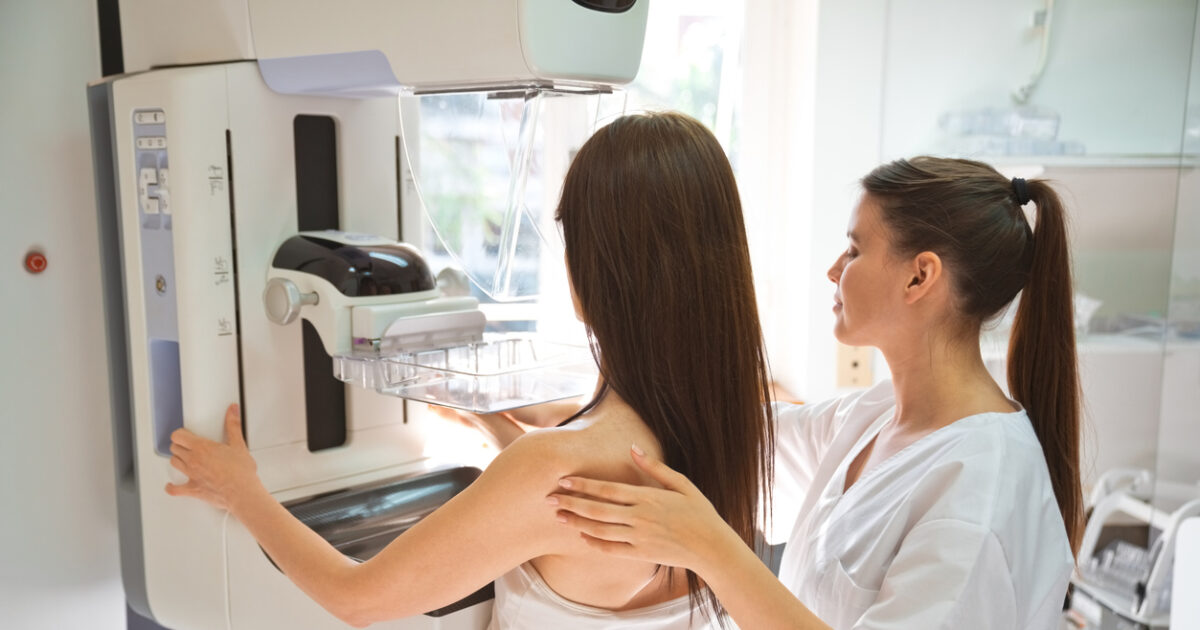It is written by
Konstantinos Hatzopoulos
Breast Surgeon,
Asst. Director of the 4th Breast Clinic MOTHER
October has been established globally as breast cancer awareness month, a disease that affects millions of women (and men) around the world. It is an opportunity to remind everyone – and especially women – how important prevention, early diagnosis and proper information are.
As a breast surgeon, I come into contact every day with women who experience the fear and uncertainty that a cancer diagnosis brings, but at the same time, we all witness the incredible strength that each woman draws to face this threat. So we need to talk openly about cancer, demystify the need for screening and give practical advice that saves lives.
What is breast cancer?
Breast cancer is the most common cancer in women. In the Western world, 1 in 8 women, at some point in her life, will be faced with the diagnosis of breast cancer. The disease occurs when some cells in the breast, under the influence of some harmful factor, begin to multiply uncontrollably. There is no single form of breast cancer, there are different types, with different characteristics and behaviors and each of them needs a different, individualized treatment.
Early diagnosis is one of the most important factors for a good prognosis. The earlier a breast lesion is detected, the greater the chances of a full recovery.
What are the main symptoms I should watch out for?
Although breast cancer may not give symptoms in the early stages, there are signs that should not be ignored:
• Lump or hardness in the breast or armpit
• Changes in breast shape or size
• Fluid discharge from the nipple (especially bloody)
• Nipple or skin retraction
• Redness, wrinkling or thickening of the breast skin
In any case, evaluation by a physician specialized in breast diseases is essential.
The importance of prevention
Prevention is not just a concept; it is an act of responsibility and at the same time a gift to ourselves. Includes:
- Acquaintance of the woman with her breasts
In the past, it was widely recommended to do breast self-examination once a month, a procedure that was eventually found to cause more anxiety than help with early diagnosis. Now, this recommendation has been replaced by the advice that the woman should try to familiarize herself with the image and texture of her breasts. - Clinical examination by a medical specialist
Clinical examination includes taking a detailed history, assessing risk factors, palpation, and evaluation of tests. Based on the particular characteristics of each woman (heredity, personal history, etc.), the doctor is called upon to define an individualized preventive control program. - Mammography
Digital mammography is the most basic screening test as it has the ability to detect findings at a very early stage. For women in the general population, international guidelines recommend that the first mammogram be scheduled at the age of 40 and performed annually, while in women with an increased likelihood of developing the disease, screening is individualized and begins at an earlier age. Breast ultrasound is an adjunctive test to investigate clinical and mammographic findings, but is the primary test for younger women.
Thanks to screening, many breast cancers are detected at a preclinical stage, before symptoms appear.


Risk factors
Some factors cannot be changed (such as age, gender, family history), but others are related to our lifestyle. By adopting a healthy lifestyle — balanced diet, physical activity, avoiding alcohol and smoking — we significantly reduce the risk of developing the disease.
The power of early diagnosis
It is no exaggeration to say that early diagnosis saves lives.
Thanks to medical advances, treatments today are extremely effective and tailored to each woman’s needs. Early treatment can mean fewer surgeries, fewer complications and a better quality of life.
Breast cancer affects everyone
Although rarer, breast cancer can also occur in men. It is important to remember this and not to ignore symptoms.
At the same time, support from the family and social environment plays a decisive role in the psychology of every woman diagnosed and dealing with the disease.
A message for every woman
October is not just a month of pink ribbons. It’s a reminder that breast health is everyone’s business. It is an occasion to make the appointment we postponed, to talk to friends and relatives about prevention and to take care of ourselves with love and consistency.
Let’s make prevention a habit. For us and for those we love.
October is dedicated to breast cancer awareness, let’s highlight the importance of prevention and early diagnosis! Take care of your body, because health starts with you!
